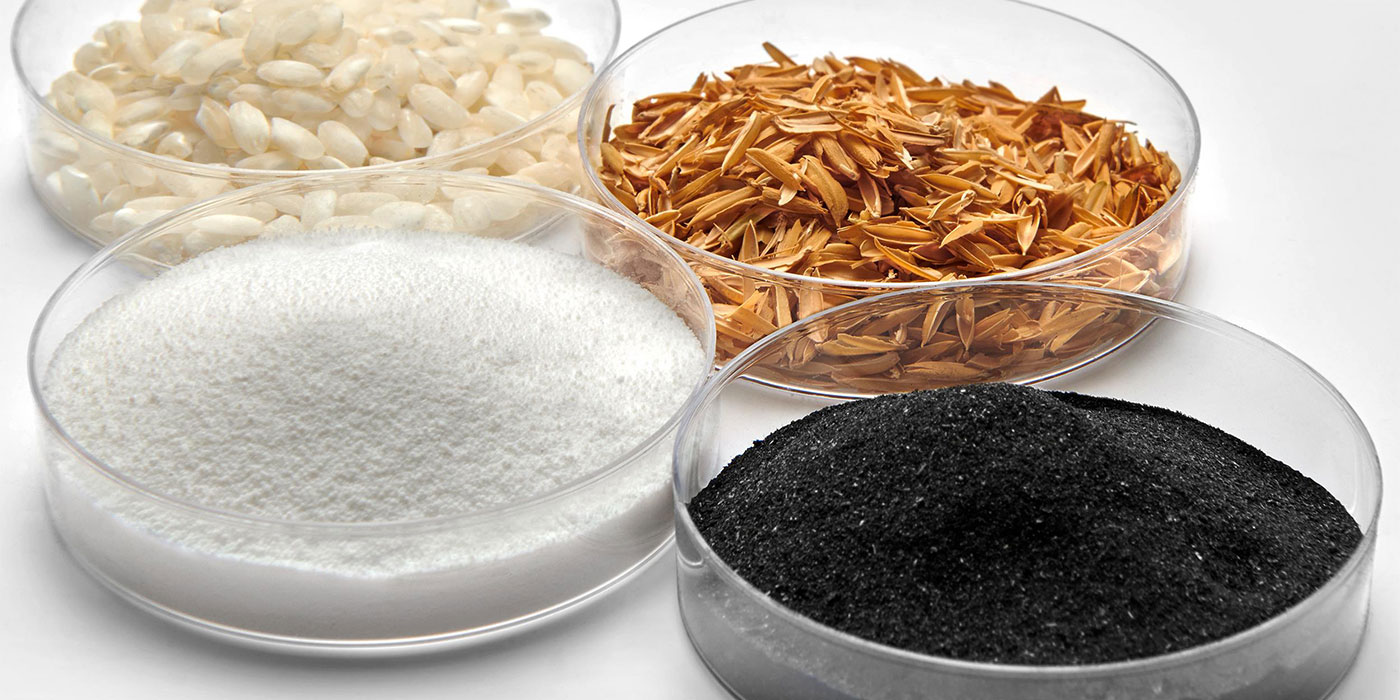Thirty years ago, Continental began using silica tire technology in its tread compounds for tires. The manufacturer said this reduced rolling resistance and shortened braking distances by nearly 50%. Silica creates a bond with rubber polymers during vulcanization, the process that gives tires their final shape.
Today, Continental incorporates silica in many rubber compounds for cars, vans, and two-wheeled vehicles and now uses a sustainable form of silica made from rice husk ashes.
“Silica in rubber compounds was a revolution in tire technology, enabling us to almost halve braking distances on wet road surfaces. This is still an enormous safety gain today,” said Prof. Burkhard Wies.
In the mid-1990s, he worked on developing the first tires with silica in the rubber compound at Continental. He now heads the Applied Research and Innovation department.
“Silica compounds are also good for the environment, as they reduce the rolling resistance of tires. This means less fuel consumption for combustion engines and increased range for today’s electric cars,” explained Wies.
Continental Silica Tire Technology
Continental said it led the industry in the 1990s by recognizing silica’s potential as a filler for tire compounds. Initial tests confirmed its advantages. By 1995, the company launched the ContiEcoContact CP, its first production tire to feature silica. Just a year later, Continental released the ContiWinterContact TS 770, the first winter tire with silica in the compound.
“Together with the introduction of passive safety equipment such as seat belts and the anti-lock brake system, the use of silica in tires has helped to significantly reduce the number of road casualties,” said Wies.
Sustainable Silica from Rice Husks
Continental said it continues to advance silica tire technology by exploring more sustainable raw materials. The company now uses rice husks—a by-product of rice farming—to produce silica. This method consumes less energy compared to using quartz sand and supports environmental goals.
Continental already uses this rice husk-derived silica in the UltraContact NXT, its most sustainable production tire.
